The Naturalist's Diary —— A Day-Book of Meteorology, Phenology and Rural Biology
----- 自然主义者的日记
To the botanist, entomologist, and ornithologist, and especially to the young naturalist, the Diary will serve as a guide to the localities and the seasons where and when the objects he wishes to, study may be found and it will supply lists of objects to be looked for on each day of the year. It will also enable him to record the results of his observations in a systematic manner, and where they can be preserved for future reference. To all persons, whether living in town or country, the Diary will afford space for recording the results of their out-door occupations, or for such personal observations as show the relation of the human body to the other phenomena recorded. The relation of the growth of children to the sea sons of the year, of diseases and epidemics to varying conditions of climate, and of periodic phenomena common to men and the lower animals, are of this kind, and are all deserving of careful study. A game and fishing list is introduced in this part of the Diary as being most agreeable to the other entries, but any other set of observations may be substituted for it. The Diary, in conformity with books of a similar kind, commences with the first day of the year, but this is not the beginning of the biological year. Theoretically it ought to begin the day after the winter solstice December 22nd), but in our latitudes the climate lags behind the sun's movements. The mean temperature for twenty years at Marl borough shows that January is the coldest month, and the fourth week of that month the coldest week of the year and it is not till the middle of February that the sun's influence is perceptible, and a slight and sustained increase of temperature takes place. The middle of February (st. Valen tine's day) may be accepted, therefore, as the beginning of the biological year, and the diary should be kept round the year from that time, the daily accumulated temperatures and rainfalls being corrected by deducting the values representing the day (on February 14th 908° and five inches respectively) from the subsequent totals. As I have explained elsewhere, the plants which blossom with us in January and beginning of February belong to the previous autumn, and should be studied in connection with it.
{{comment.content}}
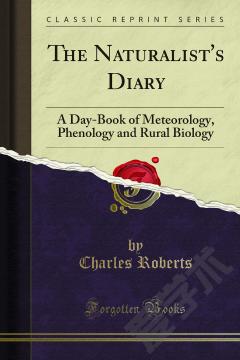
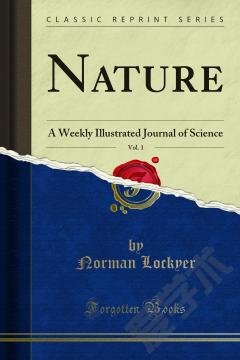
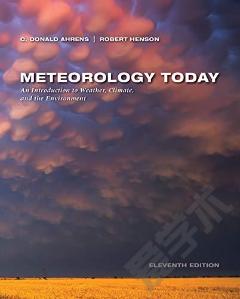

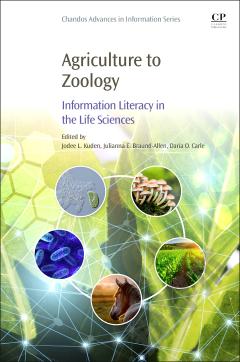
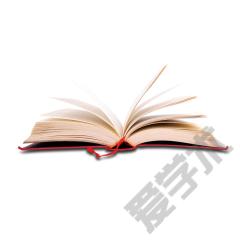


 京公网安备 11010802027623号
京公网安备 11010802027623号